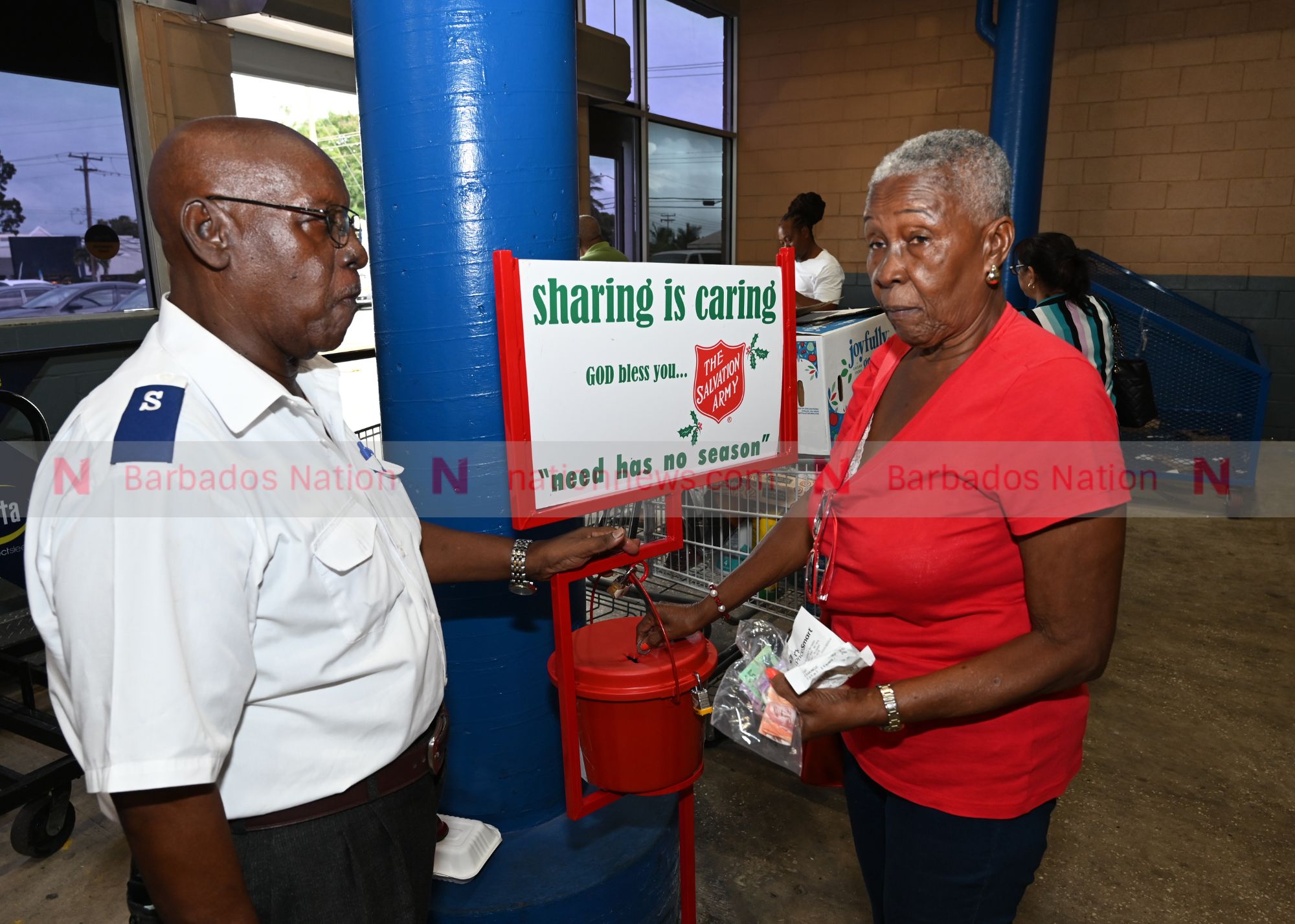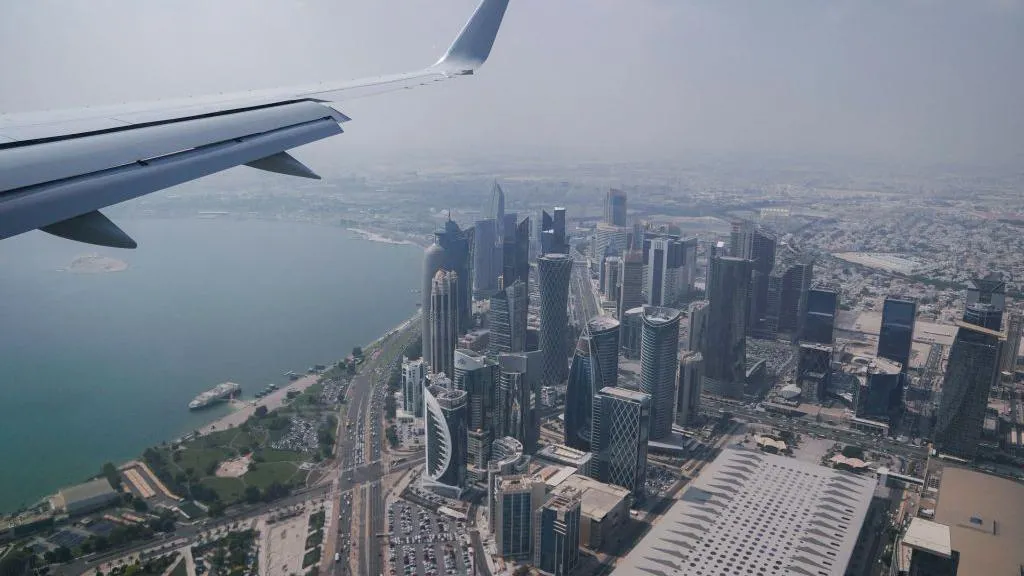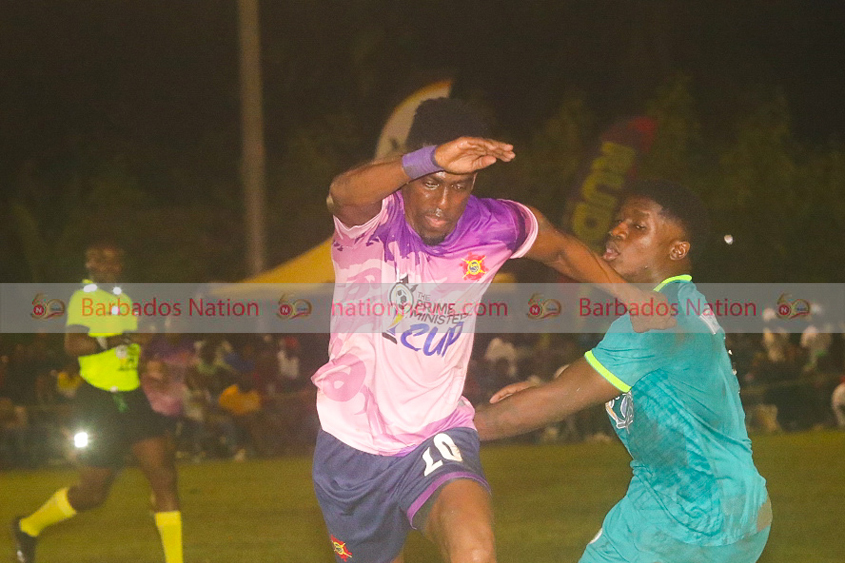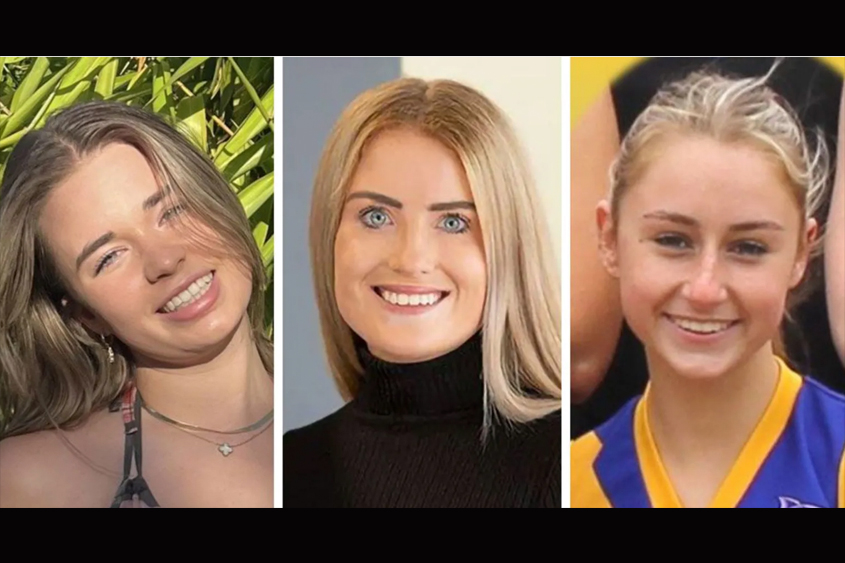

The two groups involved in the peace treaty said they have kept their word and ceased fighting with each other. However, they charged that a number of promises made to them have not been honoured by the Government.
Paul Hinds, Damian Bourne, Jason Best and Jabarri Wickham, who are affiliated with groups from Deacons Road, St Michael, and Chapman Lane, The City, claim that they were promised financial assistance with implementing projects, jobs, as well as training in entrepreneurship and finance when they signed on to the peace treaty.
They said 20 months after the ceasefire among their groups, these promises have not materialised.
“Despite these promises not being fulfilled, we have not broken the peace treaty,” Best maintained.
However, he pointed out that in order for the high level of crimes to decrease, those in the groups must be empowered.
The men suggested that the promises had not been fulfilled because they were still being stigmatised in some quarters as “criminals”, while denying reports that some of them were being paid money in order to maintain the peace.
“Money wasn’t even on the table when the peace treaty was formed,” Bourne said. “What we talked about was four per cent of all Government projects was to be allocated to the peace treaty. There was extra amount of funds for us to become businessmen. We were supposed to be entering a part of the financial sector and we were supposed to receive training. We are all still waiting for this training.”
He denounced people who he said were calling in on the radio talk shows spewing negativity against the treaty.
“They calling in on Brass Tacks and saying they gave the bad boys money and this and that. They are saying Corey [Lane, Minister of State in the Attorney General’s Office with responsibility for Crime Prevention] programme can’t work. But to me, Corey programme work. It is the people that are above, that sitting above, that ain’t allowed we to come to do the work.
“Because if you’re going to come and you’re going to say, ‘Oh, you gave the bad boys money and this and that’, and people say they gonna buy guns and they gonna buy drugs, that is nonsense. We can’t leave guns and drugs in no will for we children. The peace programme ain’t making guns and drugs new to the streets.”
Best said the lack of resources to implement projects was leading to people remaining on the blocks.
“Men can’t even get a licence to sell or to get a taxi permit. So how are we going to help the youngsters who ain’t got no ‘A’ class education and they can’t find a job? Them youngsters gotta stick ’pon the block and do whatever they gotta do to survive.”
He added that the men were also having difficulty in getting their criminal records expunged even though some of them had not been involved in any criminal activity for years.
Bourne said he was given a job at Grantley Adams International Airport where he received a security pass.
“A police officer saw me one day and then the people call me and told me that I is a criminal and I is a gunman, and they have to let me go.”
Hinds said even plans that they had to go out in the schools in their communities, and lecture and mentor students had been put on the back-burner due to lack of support. Wickham charged that the promised assistance in helping them get into the tourism sector as well as work in Government’s house-building programme had also not come to fruition.
“This is where the challenge comes. We want them to give us some project, give us six months and they will see a drastic turnaround in communities. Get us active in the financial sector and see a drastic change in communities. All we want is a chance,” Bourne stated.





